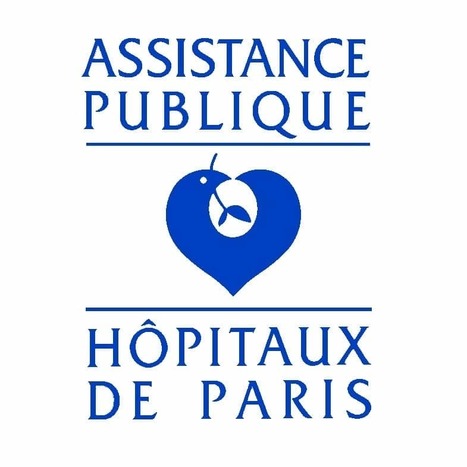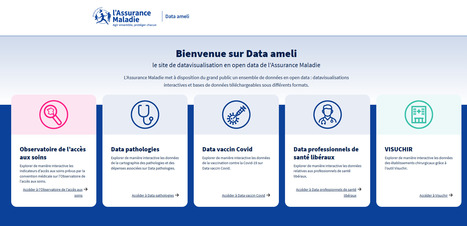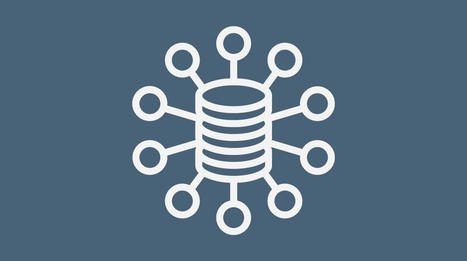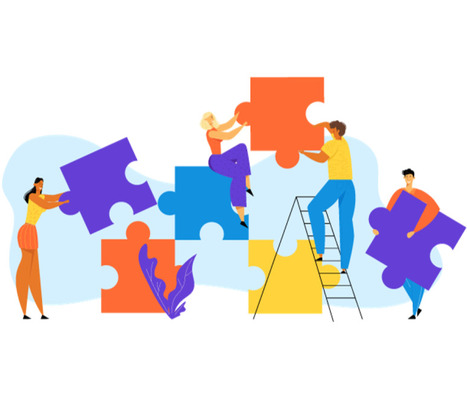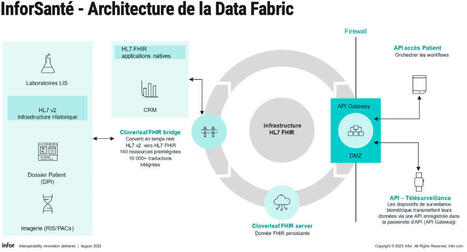Med City News A few years ago, some colleagues and I were discussing the implications of the “post-EHR” world, where everyone has electronic health records and, with the pending mandates of the 21st Century Cures Act, systems would soon be required to share data. This discussion arose from the ongoing issue that clinicians still struggle to find clinically relevant information in a patient’s medical record. We recognized that before the industry can address the problem of finding clinically relevant information in the overwhelming amount of incoming data, we needed to tackle the fact that current “legacy” EHRs pose challenges in finding relevant clinical information within their own systems. Effectively, users were digging through dumpsters to find data. While users have access to a problem list, medication list, lab orders and results, physician and nursing notes, and other information in various formats, a considerable portion of the data remains in free-text notes. This forces users to navigate to a separate section of a chart to find items in a specific domain. As a result, users waste excessive time searching for items that are clinically relevant to a specific problem. Most current EHRs lack the capacity to provide a holistic view for a particular clinical condition. The second wave arrives Fast-forward to the present, where data sharing and penalties for information blocking are increasing and EHR companies must release more data into the marketplace. Dumpster diving for data is now a reality. Now, let’s consider the “second wave” – the influx of information from the new and upcoming generations of wearables. The new Apple Watch “ultra” is expected to feature a transdermal glucose monitor, enabling users to continually monitor their glucose levels. Additionally, there are already devices that enable users to take clinical-grade, 6-lead EKGs at home and send the results to their cardiologists as a PDF. These examples merely scratch the surface of the volume of new data available, with more to come. However, is all this data connected? Is it diagnostically relevant? Can clinicians effectively find specific data points they need among the overwhelming amount of information they are receiving for managing a particular condition? A clinician may want to view data related to a patient’s heart arrhythmia without the noise of other unrelated data. Yet, this new data exists, and more is on its way, requiring a destination for storage. Let’s consider the pending glucose monitoring capability. While many individuals manage their diabetes independently, how can clinicians aggregate thousands of data points? How can they organize and connect all this data clinically? Intelligent viewers and structure data Clinicians need an intelligent viewer that can convert unstructured data into structured data and then slice and dice it to suit their needs. They require a smart view that can not only sift through, sort, and categorize the influx of data but also comprehend the patient’s condition. Ultimately, regardless of the EHR or data origin, clinicians need a universal tool to derive value from the data at the point of care. These tools must be compatible with legacy EHRs, as they won’t disappear anytime soon. Given the increasing requirements for data and outcome reporting, such as electronic clinical quality measures (eCQMs) and the management of Medicare Advantage patients using hierarchical condition codes (HCCs), legacy EHRs often rely on “curation.” This involves utilizing a mix of terminologies and code sets originally designed to meet billing and transaction requirements from the last century. These systems do offer a coded problem list in either ICD-10-CM or SNOMED, laboratory data often coded to CPT or LOINC, and medication lists coded to RxNorm. Unfortunately, all these codes and terminologies typically exist in separate sections of the EHR, possess different formats and data schemas, and are not designed to work together to support clinicians at the point of care. Consequently, more dumpster diving for data is necessary. Aggregate, organize, connect As technology continues to advance and the collection of health data grows exponentially, the need for efficient and effective tools to navigate and make sense of this vast amount of information becomes increasingly apparent. Clinicians are faced with the challenge of locating specific data points that are relevant to their patients’ conditions among the overwhelming quantity of incoming data. The limitations of current EHR systems compound this issue, as they often lack the capacity to provide a comprehensive view of a patient’s clinical condition. The emergence of new capabilities on wearable devices, and the resulting data, will exacerbate the situation. While these advancements offer valuable insights, the question of data connectivity and diagnostic relevance remains. Clinicians must adapt to this influx of information and find ways to effectively aggregate, organize, and connect the data in order to make informed clinical decisions. To address these challenges, there is a pressing need for intelligent viewers that can convert unstructured data into structured formats and offer the ability to analyze and interpret the data according to specific clinical requirements. These tools should be capable of sifting through the data, sorting it, categorizing it, and comprehending the patient’s condition. While legacy EHRs have made strides in offering coded data, they often face limitations in terms of data organization and interoperability. Clinicians are left to hunt through the EHR to find the relevant information they need. This underscores the need for unified platforms that can seamlessly integrate diverse terminologies, coding systems, and data schemas to support clinicians at the point of care. The healthcare industry must prioritize the development and implementation of universal tools that can efficiently navigate, interpret, and derive value from the growing wealth of health data. By doing so, clinicians can effectively leverage data at the point of care, ultimately improving patient outcomes and advancing the field of medicine as a whole. The healthcare industry must prioritize universal tools in healthcare to handle the escalating health data. Clinicians’ struggle with finding relevant information in electronic health records (EHRs) and the challenges posed by existing “legacy” EHRs, prompting a metaphorical “dumpster diving” for data. The discussion extends to the complexities of the “second wave” of data from wearables, questioning its connectivity and diagnostic relevance. The need for intelligent viewers is emphasized to convert unstructured data, enabling clinicians to comprehend and navigate diverse data sources. Legacy EHR limitations are acknowledged, necessitating tools compatible with these systems. The article emphasizes the increasing importance of efficient tools as technology advances, aiming to empower clinicians in making informed decisions at the point of care. Ultimately, the goal is to improve patient outcomes and advance the field of medicine through the effective leverage of health data.
Via Emmanuel Capitaine



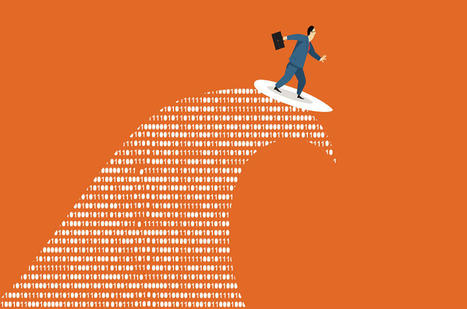


 Your new post is loading...
Your new post is loading...

